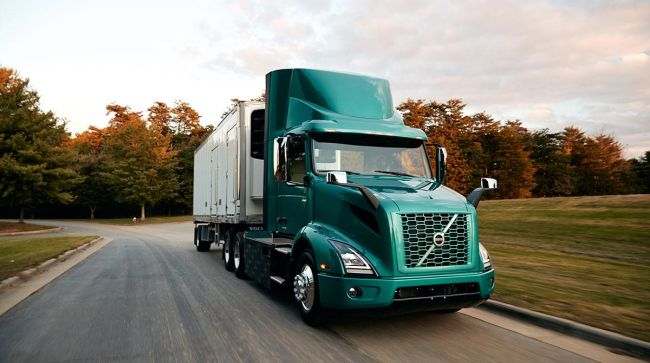Nike and Pepsi, along with other companies, have urged the European Union to accelerate the introduction of green trucks. These companies argue that the EU’s Green Deal, which aims to achieve climate neutrality by 2050, necessitates a significant transition to zero-emission vehicles.
Heavy vehicles like trucks and buses are major contributors to emissions in the transportation sector. However, the shift to green trucks is challenging due to their size, weight, and the requirement for long-range capabilities.

The companies appealing to the EU for faster implementation of green trucks include Nike, Pepsi, Unilever, DHL, and Amazon.
The EU has already taken some measures to promote the adoption of green trucks. In 2019, the Commission implemented a regulation establishing CO2 emission standards for heavy-duty vehicles. This regulation mandates a 15% reduction in CO2 emissions for new trucks sold in the EU by 2025 and a 30% reduction by 2030.
Additionally, the Commission is considering a proposal to make all new city buses zero-emission by 2030. This would be a significant stride towards transitioning to green trucks since city buses contribute significantly to emissions from heavy vehicles.
